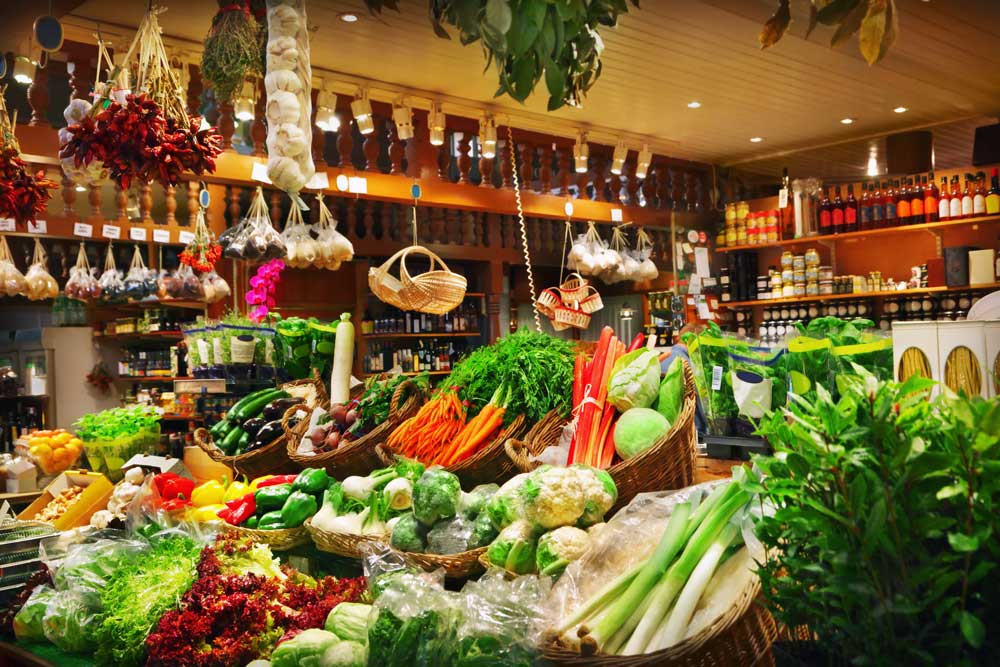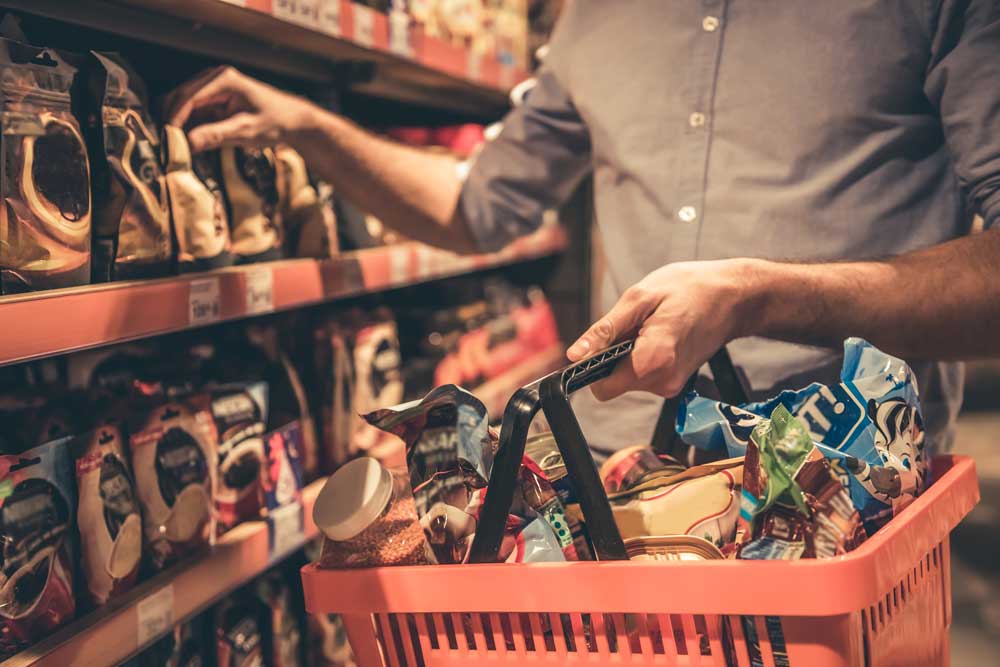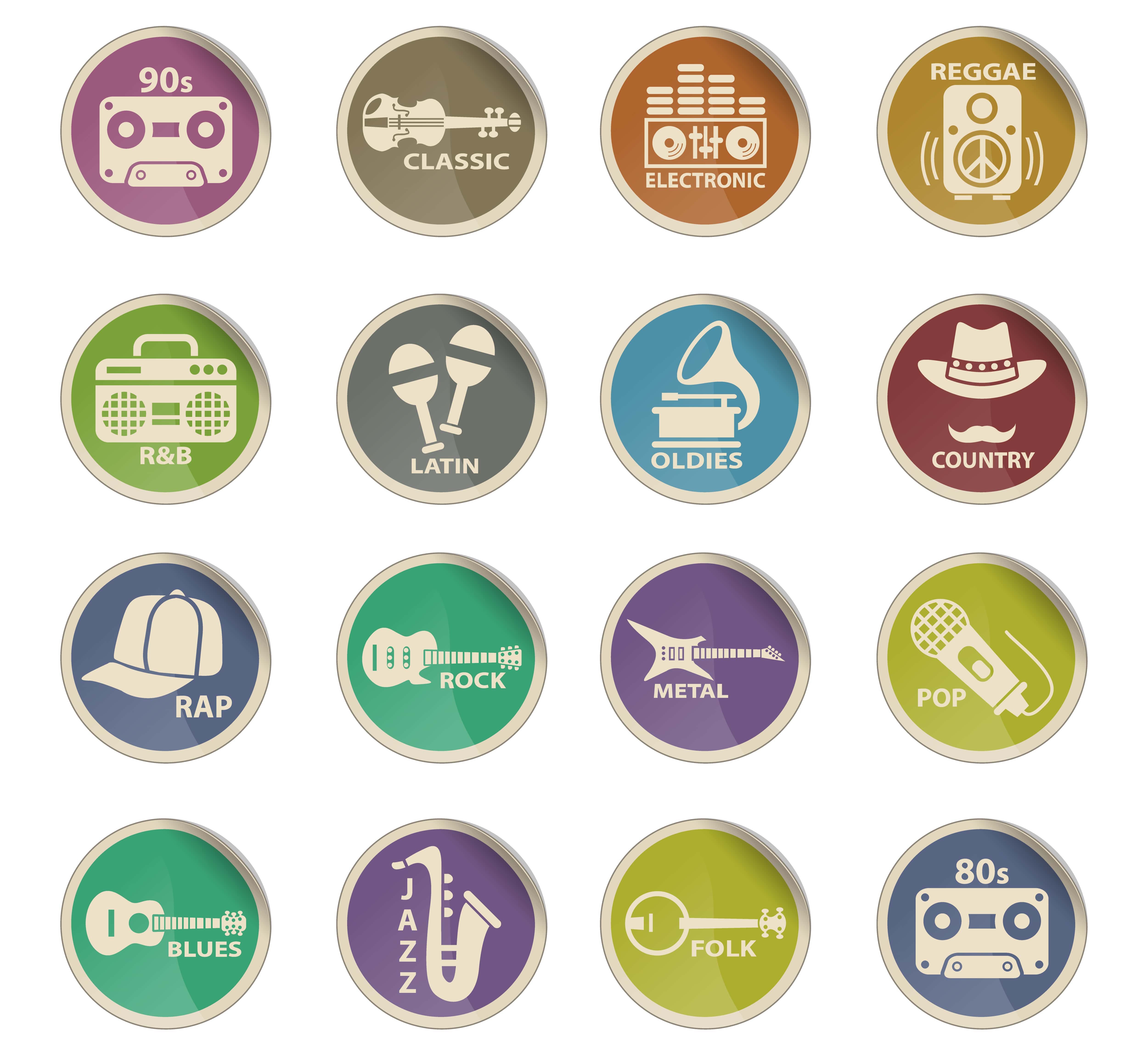
The one thing people will always need is food. That’s why we have so many grocery stores in the United States – an industry worth hundreds of billions of dollars. Since the 1990s, grocery sales have nearly doubled, and the industry is expected to continue growing. Reports indicate that the industry is growing much faster than other retail types. Grocery stores are the backbone of the American economy, and most people don’t realize that they can open their own grocery store if they do their research thoroughly.
A local grocery store is a relatively easy business to start, and it doesn’t require a lot of capital. A grocery store’s success depends on many things, but the most important would be providing the right products for your target market and keeping a stable inventory. The best part is, you can run your grocery store as a family business and leave a profitable business to the next generation.
If you are reading this article now, you’re probably wondering how to open a grocery store and want to learn more about it. It’s a big decision, and there’s a lot to consider:
- How much space do you need?
- How much money do you need to start?
- What kind of licenses and permits do you need?
- How much will it cost to start and run a grocery store, and how much do you think you’ll make?
In all likelihood, you’ve read many articles on the subject already. In this article, we decided to skip the topics like the business structure, obtaining the legal documents you need, or preparing a business plan. Below, you will read about the exciting steps to open your grocery store. Our goal is to inspire niche selection and create the right atmosphere for your grocery store; read on.
Finding your niche and creating a terrific store
So you want to start your very own grocery store—the dream is to sell the freshest local produce, baked goods, and maybe even a few imported treats. Almost anyone can open an average grocery store, so why not try something different? Running a more exciting, customer-centric business is much better than running a run-of-the-mill, monotonous shop.
In most grocery stores, you’ll find aisles of processed foods that are over-flavored with artificial sweeteners and loaded with sodium. The truth is that most Americans don’t need to eat these foods—and they’re packed with chemicals, additives, and unhealthy fats. Several companies have sprung up to create a grocery store that offers fresh, organic, and natural foods. These stores provide jams, organic produce, other gourmet foods, and local artisan goods and meats. Try to get started on this journey yourself, or take inspiration from the list below. Select the niche in which you will specialize. Here are some ideas:
- Local suppliers’ products in rustic space
- Futuristic concept
- Kid-focused groceries
- Gluten-free foods
- Drive-thru grocery store
- Millenial-centric groceries
- Gourmet foods
- Ethnic foods and ingredients

Creating an appealing grocery store atmosphere
Retail stores need to improve their in-store customer experience to motivate customers to come back and shop more often.
Malls and supermarket chains generally strive to create an inviting and calming environment for their customers. The atmosphere of a store seems to affect consumers’ shopping decisions.
Combining multiple senses like vision, sound, and smell creates a store’s atmosphere. It creates an image that keeps customers coming back. It’s called atmospherics. Indeed, one of the most critical aspects of the retail business today is the customer experience, which is driven by the store atmosphere.
Let’s take a look at what to focus on if you want your grocery store to have a unique and inviting atmosphere. We will explore three areas: lighting, color, and music.
The power of lighting
A little mood lighting goes a long way – even the color temperature of the bulbs makes a difference.
- The warm yellow glow of an incandescent light can be comforting and inviting for customers. In addition, it gives off a nostalgic atmosphere.
- By using blue light, your customers will feel more alert and feel more relaxed. Furthermore, tighter store floor plans will appear more spacious if you use cooler lighting.
- An elegant, minimalist track lighting design sticks out much more than a chandelier covered in crystals.
Of course, you need to adapt the lighting to your target market, the concept of your store, and the layout.
Colors are your friends; use them wisely
Color choice goes beyond what first meets the eye. The psychology of color has been studied for a long time. In fact, it plays a vital role in creating an atmosphere that encourages customer loyalty and purchases. Customers can be strongly influenced by your color scheme, leading them to buy or even become hungry. Blue, for instance, increases customer return rates by 15 percent because it symbolizes trust and loyalty.
Take into account color psychology when choosing your flooring, as well as your walls, fittings, and fixtures. In contrast, brighter floors create a clean, cheerful look, while darker floors lend a masculine, rustic vibe.

The magic of grocery store background music
The impact of music on the customer experience is as significant as the décor, lighting, colors, or the products themselves. Fortunately, implementing the right music in our grocery store will be by far the least of our expenses. As you create the ambiance of your store, you need to know who your target customers are, especially when it comes to grocery store music. If your store caters to younger shoppers, you incorporate music that is energetic and upbeat, while professionals and middle-aged customers need music that encourages positive emotions.
Practical advice: don’t rely on YouTube or Spotify to play background music for your grocery store, as they don’t help you get the music to match your business, and they have a license that makes them unusable in a business environment, except at home or in the car on the road. And the fines can be pretty high.
Please check out this guide, Can you use Spotify, Apple & Others?
The easiest way is subscribing to Jukeboxy’s business music streaming service for $29.99 a month. You will get over 45 million commercially licensed tracks, more than 300 curated playlists, and dedicated support. And you don’t have to worry about the fines for not using commercially licensed background music at your grocery store. The music with Jukeboxy comes with a license that you can use in your business.







